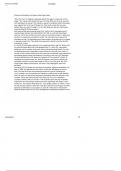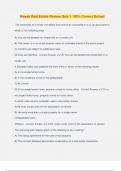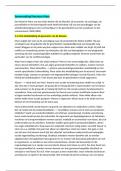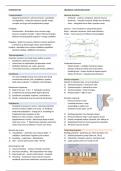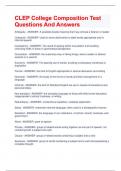Lecture notes
Examine how Ruddock and Jogee avoided legal issues.
- Module
- 3102 (101)
- Institution
- Boston College, Boston (BC)
In the case of R v Jogee, the UK Supreme Court overturned a previous interpretation of joint enterprise law, which had been used to convict individuals of murder even if they didn't directly commit the killing. The ruling clarified that merely being present or associated with someone who commits a ...
[Show more]
